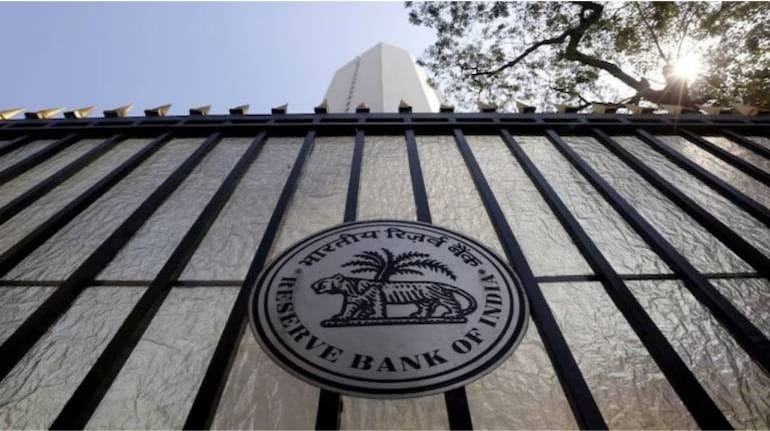



More Fintech companies are likely to face regulatory action by the Reserve Bank of India (RBI) because of lapses in know-your-customer (KYC) processes, people aware of the development said.
The list of fintech companies that could face action includes a leading payments aggregator and wallet service provider, the people cited above said on condition of anonymity, without disclosing their names. Several fintech firms that operate in the unsecured loan marketplace and act as intermediaries between customers and lenders are under the scanner, they added.
The timing of the regulatory action coincides with an ongoing Financial Action Task Force (FATF) audit of the overall preparedness of India’s financial institutions to deal with money laundering and terrorism financing.
On January 31, the RBI placed Paytm Payments Bank under severe restrictions for compliance lapses found in its KYC process. “There are at least four more payment companies that are already under the watch for similar lapses,” one of the people cited above said.
“Compared to traditional banks, the dominant view within the regulators is that KYC systems put in place by fintech companies are not strong enough,” said a second person.
“The idea is to ensure there are strong systems in place to verify customer funds in line with global FATF standards,” the person said. “The finance ministry has met industry participants a few times to discuss the issues of KYC and prevention of fraud via online payments.”
While RBI is the regulator of the banking sector, the Enforcement Directorate is also mandated to investigate money laundering. The government’s Financial Intelligence Unit (FIU) and tax department also track money laundering. Additionally, regulators such as the Securities and Exchange Board of India and the Insurance Regulatory and Development Authority of India are expected to ensure financial entities under their jurisdiction are following the prevention of money laundering norms, experts said.
Emails sent to the spokespeople for the Finance Ministry and RBI remained unanswered.
FATF is an intergovernmental organization headquartered in Paris that was founded to combat money laundering. A country needs to be on the green list of FATF to avoid any global financial sanctions and attract foreign investment.
KYC documentation conducted by banks and financial institutions is an important metric for FATF since adherence to high documentation standards ensures no illegitimate money, which may be used for purposes such as terrorism or tax evasion, comes into the banking systems.
The second person cited above said the action taken by the regulators will depend on the extent of lapses.
“Apart from KYC lapses, mule accounts are another key aspect where regulators are probing, the first person cited above said. Mule accounts are used by scamsters to collect or launder illegally obtained money. “In an industry meeting held a few months ago, finance ministry officials discussed a strategy to tackle the menace of mule accounts in the online platforms,” the person said.
FATF conducts a review of a country once every decade. The last review of India happened in 2010, and due to covid-19 pandemic, the current review was postponed from 2020 to 2023-24. Experts said the assessment is likely to conclude by June.
Discover the latest Business News, Sensex, and Nifty updates. Obtain Personal Finance insights, tax queries, and expert opinions on Moneycontrol or download the Moneycontrol App to stay updated!
Find the best of Al News in one place, specially curated for you every weekend.
Stay on top of the latest tech trends and biggest startup news.